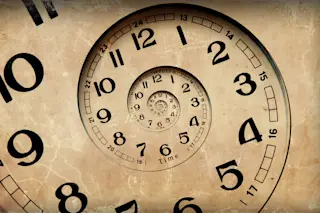Quick, without looking at a calendar — what day is it? Are you sure?
If you can't answer confidently, you’re not the only one feeling this way. Even the psychologists who study time perception have felt their days ooze into one another. “I’ve experienced it myself,” says Kevin LaBar, a psychologist and neuroscientist at Duke University. “As this drags on, and as your day becomes very constrained by your limited environment, the days kind of blend together.”
Stressful, worldwide events that confine everyone to their homes aren’t exactly common, so researchers like LaBar don’t know how, precisely, the current pandemic will distort someone’s temporal perception. But other investigations into negative emotions and time might provide some clues — as well as a few ways to cope.
Most experiments that try detangling our feelings from our sense of time look at short intervals, like seconds or minutes of strong emotions, LaBar ...














